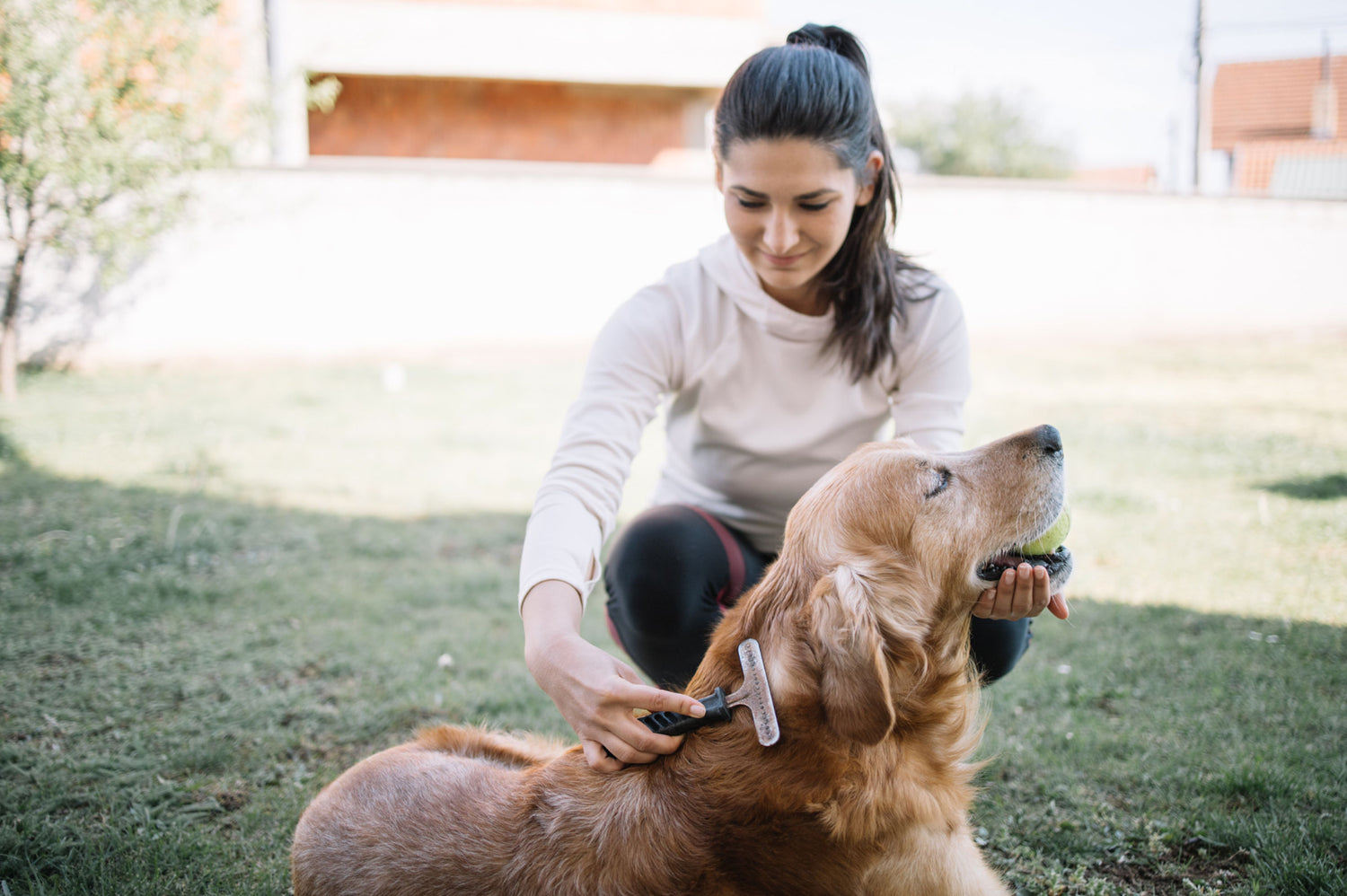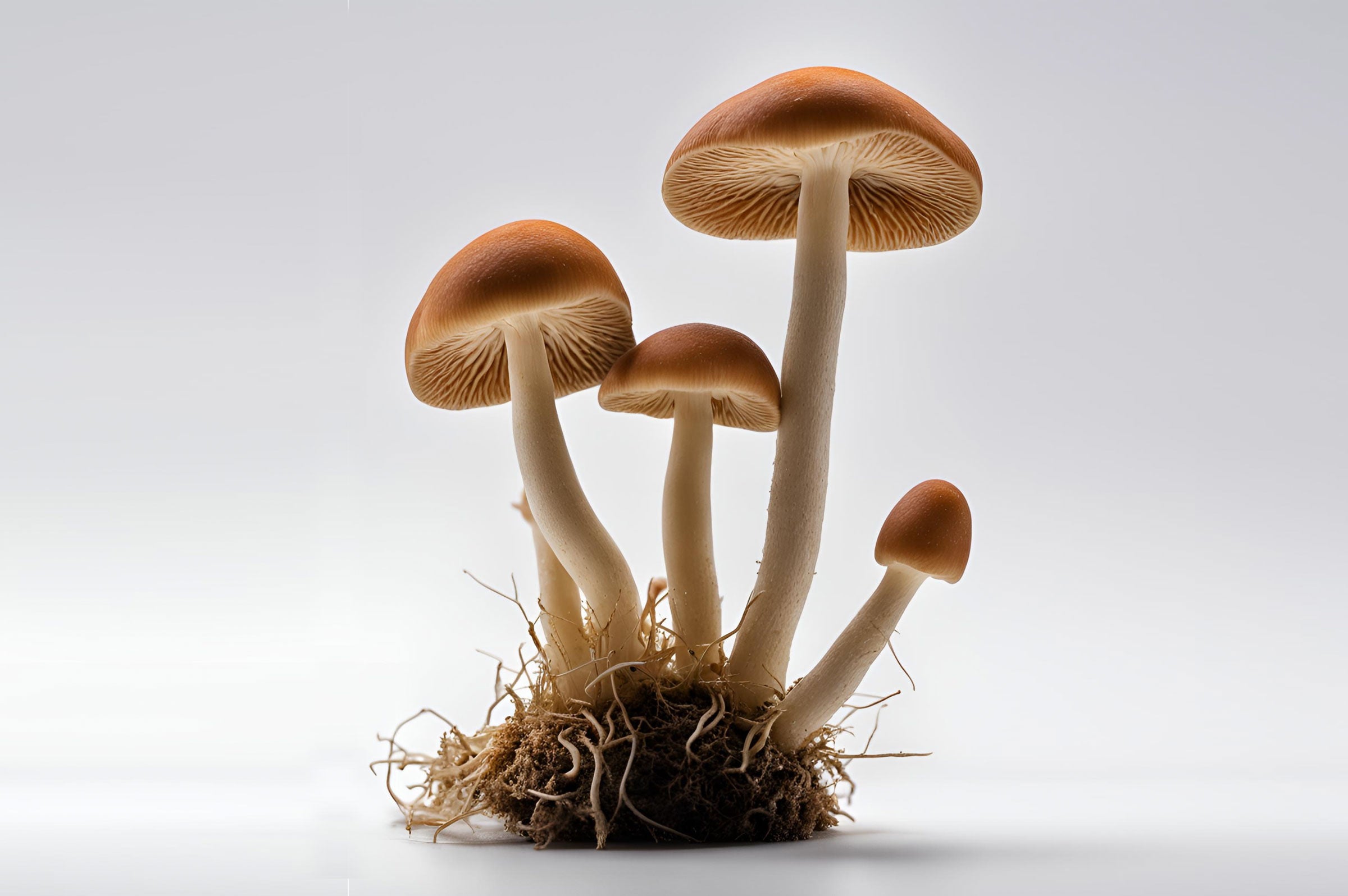When it comes to controlling fleas on your beloved pets, choosing safe and effective ingredients is crucial. Fleas are not only a nuisance but can also cause severe health issues, including allergies, anemia, and transmitting diseases. Here’s a guide to some of the safest ingredients you can look for in flea control products.
Cedarwood Oil
Cedarwood oil is a natural and highly effective option for pet flea control, prized for its ability to repel and eliminate these pesky insects. Extracted from the wood of cedar trees, this essential oil is not only safe for pets but also boasts anti-inflammatory properties that can help soothe irritated skin caused by flea bites. Its pleasant, woodsy scent makes it a preferred choice among pet owners who are wary of using harsh chemicals. When used properly, cedarwood oil disrupts the life cycle of fleas, preventing them from becoming a continuous problem, while keeping your furry friends comfortable and healthy.
Lemongrass Oil
Lemongrass oil is celebrated for its vibrant scent and potent natural properties that make it an excellent choice for repelling fleas on pets. Extracted from the grassy leaves of the lemongrass plant, this essential oil contains compounds that are highly effective in deterring fleas and other pests.
In addition to its pest-repellent qualities, lemongrass oil is also known for its antibacterial and antifungal benefits, which help maintain the overall health of your pet's skin. However, due to its potent nature, it should always be used in a diluted form, like a shampoo or home spray, to ensure it is gentle enough for pets, providing a safe, chemical-free method of flea prevention.
Rosemary Oil
Rosemary oil is another excellent natural remedy for controlling fleas in pets. Extracted from the aromatic leaves of the rosemary herb, this essential oil is renowned for its ability to repel a variety of insects, including fleas. Rosemary oil acts as a natural flea deterrent and is safe for use around animals when properly diluted.
Beyond its insect-repellent properties, rosemary oil also promotes circulation and can help stimulate hair growth, which benefits pets suffering from hair loss due to flea bites. Its refreshing scent is an added bonus, leaving pets smelling pleasant while keeping them protected from pests.
Conclusion: A Flea-Free, Happy Pet
Choosing the right flea control product involves balancing effectiveness with safety. By selecting safe ingredients and using them correctly, you can protect your pets from fleas without compromising their health. Our Protect Dog Shampoo and Protect Home and Dog Spray have the ingredients you need to keep a clean, flea-free home and flea-free furry friends.










